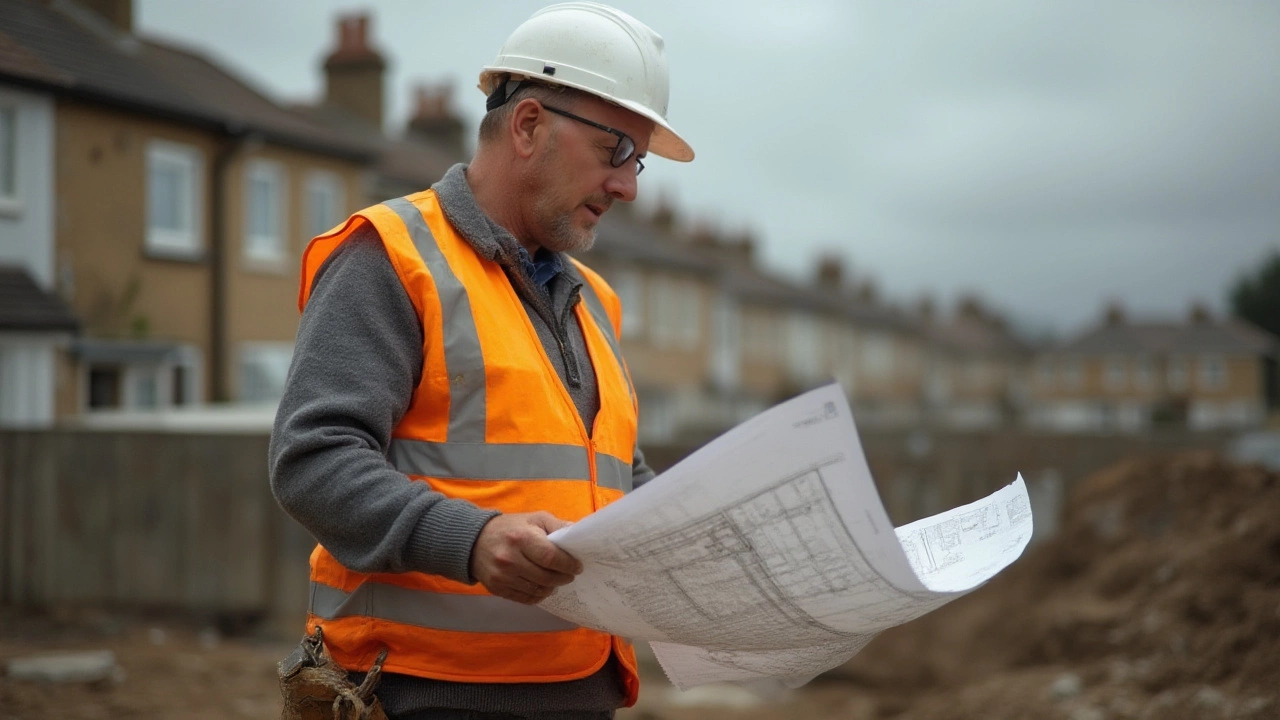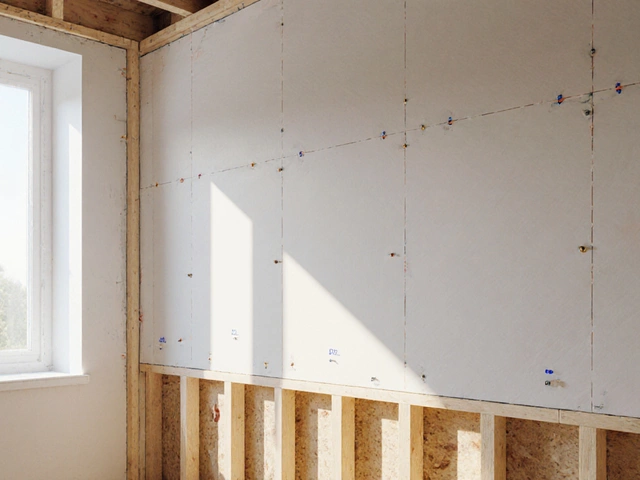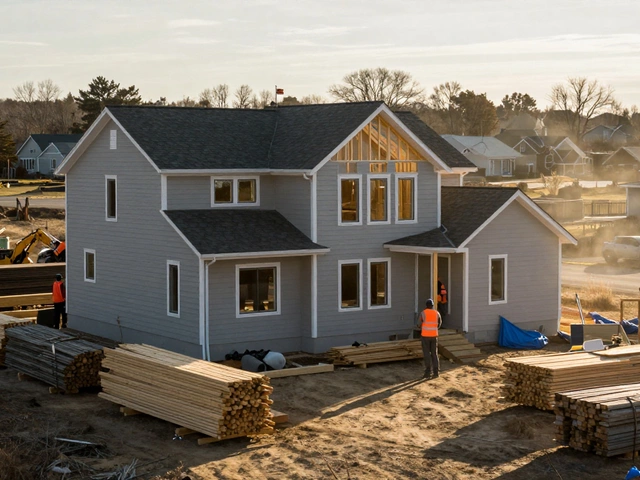Builder vs Construction Company: What’s the Real Difference?
If you’ve ever started a building project you’ve probably heard the terms "builder" and "construction company" tossed around. They sound similar, but the services, size, and how they work for you can be quite different. Knowing the gap helps you avoid misunderstandings, hidden costs, and delays. Below we break down who does what, when to hire each, and what to watch for in contracts.
Who’s a builder?
A builder is usually an individual tradesperson or a small firm that focuses on one type of work – for example, house extensions, roof replacements, or bricklaying. They often hold a specific trade licence and may work directly for a homeowner or a larger contractor. Because the team is small, communication is straightforward – you’re often dealing with the same person from start to finish.
Builders tend to handle the hands‑on part of a project: preparing the site, erecting walls, fitting windows, and finishing interiors. They may subcontract specialist tasks like electrical or plumbing, but the core construction stays under their control. Pricing is usually a fixed quote for a defined scope, which makes budgeting easier for simple jobs.
What does a construction company do?
A construction company is a larger organization that can manage whole developments, from ground‑up builds to commercial complexes. They have multiple departments – project management, procurement, health & safety, and often a roster of in‑house trades. This breadth lets them take on bigger contracts where coordination between many subcontractors is crucial.
These companies work on a broader scale: they handle design coordination, obtain planning permissions, source bulk materials, and oversee the entire timeline. Because of their size, they can negotiate better rates on steel, concrete, or timber, which can lower overall costs on large projects. Their contracts are usually more detailed, covering milestones, change orders, and performance guarantees.
When you hire a construction company, you get a single point of contact for the whole job, but you also need to manage a more complex agreement. Their fee structure might be a percentage of the total cost or a lump‑sum based on a detailed scope.
So, how do you decide which is right for you? If your project is a single‑family home remodel, a qualified builder can deliver fast, personal service. If you’re planning a multi‑unit block, a new office building, or a mixed‑use development, a construction company brings the resources and project‑wide oversight you’ll need.
Check licences and insurance carefully regardless of who you hire. Builders should have a valid trade licence and public liability cover; construction firms should also demonstrate a robust health & safety record and industry certifications such as ISO 9001.
Ask for references that match the scale of your job. A builder’s past work will look like the type of job you need, while a construction company should show completed projects of similar size and complexity. Visiting a finished site can reveal the quality of workmanship and how well the team managed timelines.
Finally, read the contract line by line. Look for clear definitions of scope, payment schedule, warranty periods, and what happens if there are change orders. A builder’s contract might be shorter, but it still needs to spell out who handles unexpected issues. A construction company’s contract will be longer, covering many more contingencies – make sure you understand each clause before signing.
In short, the main differences come down to scale, services offered, and how they manage risk. Choose the option that fits the size and complexity of your project, and you’ll save time, money, and headaches down the road.
Builder vs Construction Company: Key Differences and Roles in Home Projects

Find out what sets a builder apart from a construction company, including their roles, responsibilities, and which is right for your next project.
read more



